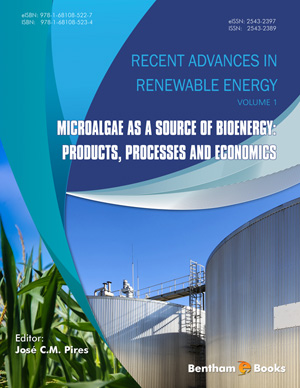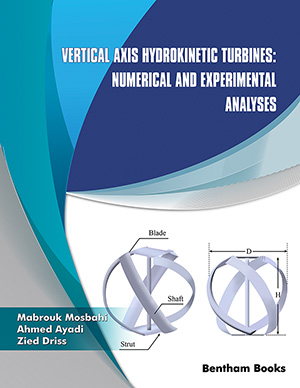Abstract
One of the prospective alternative sources of energy is biodiesel, which is
obtained from conventional and substandard sources via various methods. One of them
is transesterification in the presence of a catalyst. The catalyst may be either
harmonized or varied. This chapter will give detailed information about the various
catalysts used in biodiesel synthesis. The chapter focuses on the efficiency, limitations,
and advantages of all kinds of catalysts and their properties, and appropriateness in the
transesterification method. An extensive study has been carried out on the usage of
homogeneous and heterogeneous catalysts for biodiesel production. The data reviewed
reflects that those homogeneous catalysts are proficient in converting oil with low FFA
and feedstock that contains water. On the other hand, heterogeneous catalyst gives a
range of selectivity on high FFA content and water adaptability. It is known that the
numbers of acidic or basic sites control the properties of heterogeneous catalysts.
Zirconia and Zeolites-based catalysts by some modifications, can be used as both basic
and acidic catalysts. Heterogeneous catalysts derived from waste have received an
important role in biodiesel production. Lately, high catalytic activities under optimum
operating conditions have been recognized of Nanocatalysts. This review article gives
elaborated information on various materials used as catalysts.
Keywords: Biocatalyst, FFA, Homogeneous catalyst, Heterogeneous catalyst, Nanocatalyst, Transesterification.


















